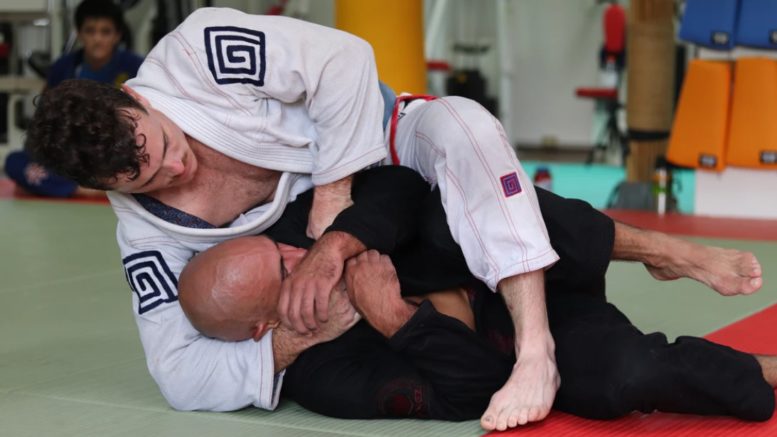It is one thing to argue whether professional athletes should be permitted to partake in pot on a recreational basis — but whether amateur athletes should have access to medical marijuana is another issue entirely. Cannabis has value as a health treatment, especially within the fitness world, and understanding how to use cannabis in a medical capacity during your fitness journey could help you find optimal rest, recovery and performance in whatever athletic practice you prefer.
Medical Marijuana for Athletic Injury
Athletic injuries can range from minor muscle aches and strains to catastrophic breaks, tears and stress damage. All athletes, regardless of performance type or level, experience injury at some point in their fitness journey, and recovering from that injury can be frustrating, disheartening and, in fact, physically painful.
Enter: medical cannabis. Cannabis offers a number of effects that can be exceedingly beneficial in the treatment of athletic injury. A handful of compounds within cannabis effectively relieve pain, both by blocking the perception of pain in the body and by interrupting the transmission of pain signals in the brain. CBD, a non-psychoactive cannabinoid compound, also helps to reduce inflammation; because inflammation worsens pain and often impedes recovery, the elimination of inflammation is an important step toward treating athletic injury.
Finally, medical marijuana can give those suffering from athletic injury a much-needed mood boost. Most athletes dread injury because it means they can no longer engage in the level of training needed to advance in their practice. Periods of injury often result in depressive episodes, which can actually slow the body’s ability to heal itself. Cannabis’s high can help reduce stress and even induce euphoria, which makes periods of injury less likely to impact athletes’ mental health in the long term.
Serious athletic injury is often grounds for a medical marijuana card. Athletes suffering from chronic or debilitating injury should talk to their doctor about applying to their state’s medical marijuana program. Even in places where recreational cannabis is legal, having a medical marijuana card can be valuable — like Washington, D.C. dispensaries, which only cater to registered medical cannabis patients.
Medical Marijuana for Exercise Recovery
Technically, every training session causes damage to the body in some form, and athletes need to properly rest and recover after a workout to ensure their body builds strength and stamina for their next exercise. When training is particularly rigorous, muscles can experience micro-tears that cause mild to severe soreness, lack of mobility and other issues to make athletes uncomfortable and unable to continue their exercise regimen.
Even for everyday soreness, cannabis is useful. As mentioned above, cannabis fights pain and inflammation, both of which can affect recovery after a workout. Though athletes might not want to get high on a daily basis to combat regular training aches and pains, they can still utilize topical cannabis products, which provide more targeted relief to the tissues to which they are applied. Athletes can find a number of topical cannabis products developed specifically for use in exercise recovery, that include salves, balms, roll-on oils and more.

Medical Marijuana for Enhanced Performance
Cannabis isn’t exactly a performance-enhancing drug, in that athletes shouldn’t expect stronger lifts, faster sprints or more agile movements after they smoke a bowl. Still, many athletes attest that occasionally taking cannabis before training can be beneficial in producing better outcomes in practice.
In particular, long-distance runners tend to be proponents of micro-dosing with cannabis during certain types of exercise. Because practice runs can be long, repetitive and quite boring, cannabis can improve focus, offer mental stimulation and encourage the athlete to complete their training strong. In truth, any athlete engaging in highly repetitive, non-technical exercise can use cannabis in this way.
However, athletes need to exercise caution when using cannabis before and during training. Cannabis relaxes the body, which can result in some lack of coordination that can put muscles and joints at risk. Athletes should never engage in technical or dangerous exercises while high, and they should always carefully monitor their dosage and stop training altogether if the effects of cannabis become overwhelming.
Medical marijuana is becoming an important resource in Western medicine, and athletes shouldn’t discount its potential impact on fitness goals. Especially if athletes are not in fear of disqualification due to drug use, cannabis can be a useful tool to boost recovery, even after injury, and improve training in measurable ways.
